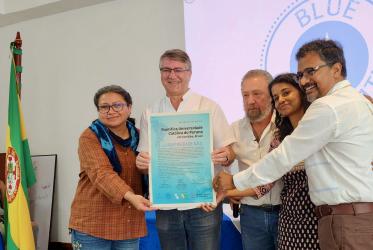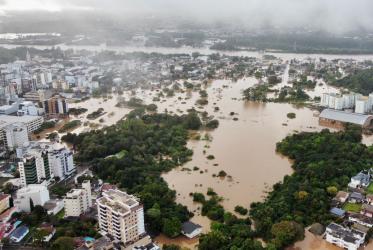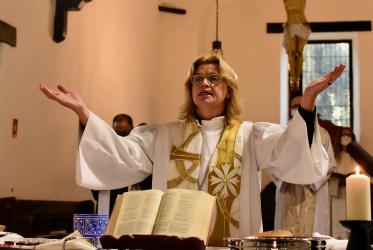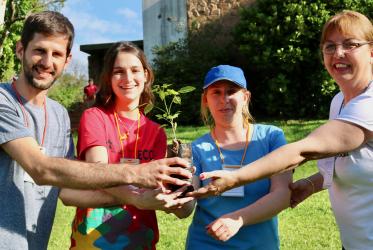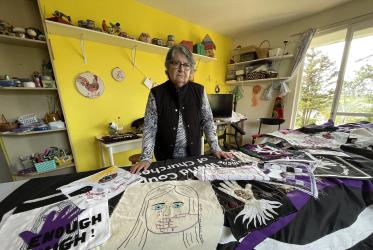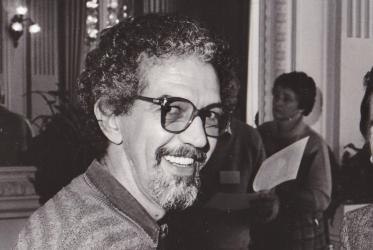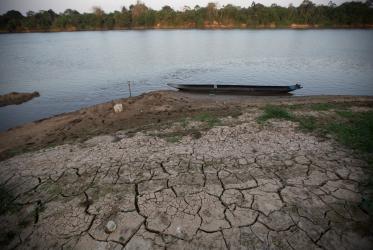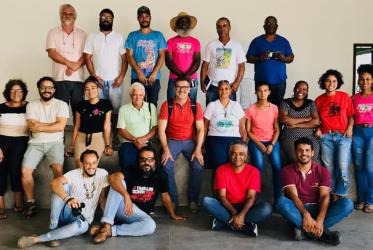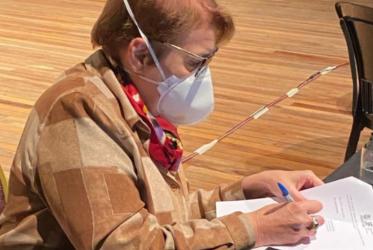Displaying 1 - 20 of 93
05 February 2024
In wake of floods in Brazil, WCC expresses concern and solidarity
09 September 2023
WCC mourns the death of Julio de Santa Ana
20 April 2023
In Chile, “Churches’ ministry of reconciliation is key”
29 November 2022
Migrants in Argentina find listening ears and open hearts
04 November 2022
WCC stands in solidarity with victims of major flood in Brazil
17 February 2022
Brazilian ecumenical water network launched
29 July 2021
Pulling together for a living River Pardo
02 July 2021
